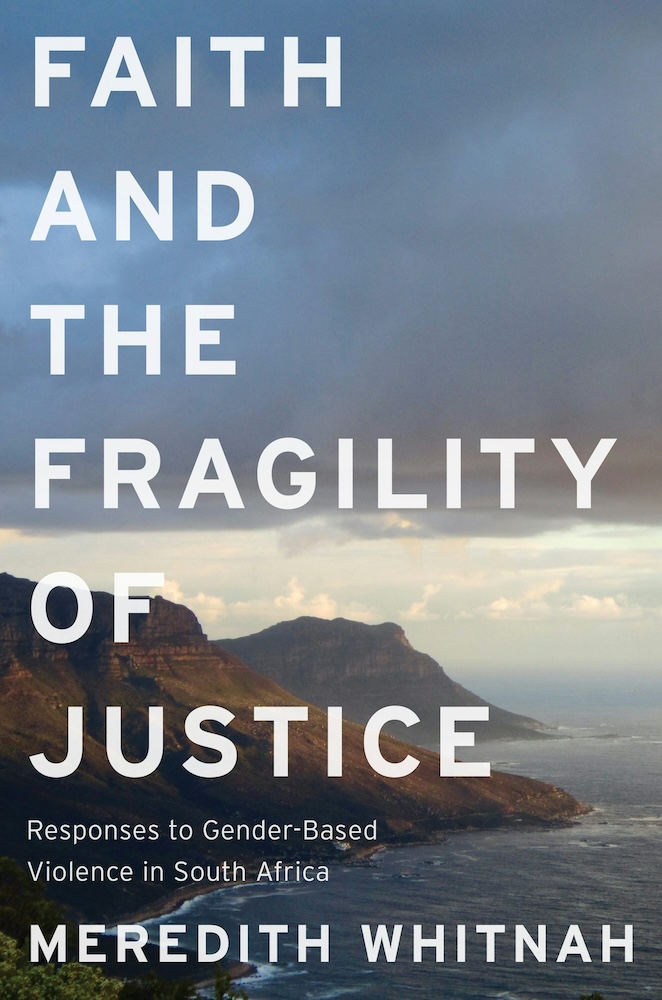Tensions Escalate: India Mobilizes Forces Amid Violent Waqf Bill Demonstrations
Religion
2025-04-13 11:42:16Content

In a bid to quell rising tensions, West Bengal Chief Minister Mamata Banerjee has stepped forward to reassure citizens about the controversial Waqf Amendment Act. Speaking directly to the public, Banerjee emphasized that the legislation will not be implemented in West Bengal, effectively attempting to calm potential unrest and address community concerns.
The state's top leader made it clear that her government will not enforce the act, signaling a strong stance of protection for the state's diverse population. By declaring the amendment "not applicable" in West Bengal, Banerjee aims to prevent any potential social friction and maintain the state's reputation for communal harmony.
Her proactive communication comes at a critical time when the Waqf Amendment Act has sparked debates and concerns across various regions of India. By taking a definitive position, Banerjee seeks to provide immediate clarity and reassurance to her constituents, demonstrating her commitment to inclusive governance and social stability.
The announcement reflects the Chief Minister's political acumen in managing sensitive legislative issues and her approach to addressing potential community anxieties swiftly and decisively.
Political Tensions Simmer: Mamata Banerjee's Bold Stand on Waqf Amendment Act Sparks Nationwide Debate
In the complex landscape of Indian political dynamics, West Bengal's Chief Minister Mamata Banerjee has once again emerged as a pivotal figure, challenging legislative measures that she believes could potentially disrupt the delicate social fabric of her state. Her recent pronouncement regarding the Waqf Amendment Act has sent ripples through political corridors, highlighting the intricate balance between legislative intent and regional autonomy.Navigating Controversial Waters: A Decisive Political Intervention
Understanding the Legislative Landscape
The Waqf Amendment Act represents a significant legislative intervention that has triggered widespread discussions across multiple states. Mamata Banerjee's categorical stance signals a nuanced approach to managing potential social tensions. Her declaration of the act's non-applicability in West Bengal underscores the state's commitment to maintaining communal harmony and respecting regional sensitivities. Political analysts have been closely examining the implications of this bold move. The act, originally designed to regulate Islamic religious endowments, has encountered substantial resistance in various regions. Banerjee's intervention demonstrates her political acumen in navigating complex legislative terrains while protecting her state's unique socio-political ecosystem.Constitutional Dynamics and State Autonomy
The Chief Minister's pronouncement raises critical questions about state autonomy and the interpretation of central legislative mandates. By asserting that the Waqf Amendment Act will not be implemented in West Bengal, Banerjee is effectively challenging the traditional top-down approach to national legislation. Legal experts suggest that her stance represents a sophisticated understanding of constitutional provisions that allow states significant discretion in implementing central laws. This approach reflects a deeper commitment to cooperative federalism, where states can negotiate and adapt legislative frameworks to suit their specific contextual requirements.Socio-Political Implications and Community Responses
The announcement has elicited diverse responses from various political and community stakeholders. Religious leaders, political commentators, and civil society representatives have been actively discussing the potential ramifications of Banerjee's bold statement. Community leaders in West Bengal have largely welcomed her intervention, viewing it as a proactive measure to prevent potential social friction. The nuanced approach demonstrates a commitment to inclusive governance that respects diverse religious and cultural sensitivities.Strategic Political Maneuvering
Mamata Banerjee's strategy extends beyond immediate legislative concerns. By taking a firm stand, she is positioning herself as a defender of regional interests and a champion of state-level autonomy. This approach resonates with her long-standing political narrative of protecting West Bengal's unique cultural and political identity. Political strategists observe that such interventions not only strengthen her regional political capital but also contribute to broader national conversations about federalism, legislative interpretation, and the delicate balance of power between central and state governments.Broader National Context
The Waqf Amendment Act controversy is symptomatic of larger debates surrounding legislative uniformity and regional diversity in India. Banerjee's stance represents a critical perspective in these ongoing discussions, emphasizing the need for nuanced, context-sensitive approaches to governance. Her intervention highlights the complex interplay between national legislation and regional political dynamics, offering a compelling case study in contemporary Indian political discourse.RELATED NEWS
Religion

Religious Liberty: How America's Founders Crafted a Lasting Legacy of Freedom
2025-03-19 09:00:00
Religion

Breaking: Watchdog Group Challenges Creeping Religious Overreach in State Policies
2025-04-01 18:09:46
Religion

Beyond Belief: Dutch Social Bonds Thrive Without Religious Ties, Research Reveals
2025-04-14 05:00:00





